Celebrate our tenth anniversary with the biggest issue we’ve ever made. FLOOD 13 is deluxe, 252-page commemorative edition—a collectible, coffee-table-style volume in a 12″ x 12″ format—packed with dynamic graphic design, stunning photography and artwork, and dozens of amazing artists representing the past, present, and future of FLOOD’s editorial spectrum, while also looking back at key moments and events in our history. Inside, you’ll find in-depth cover stories on Gorillaz and Magdalena Bay, plus interviews with Mac DeMarco, Lord Huron, Wolf Alice, Norman Reedus, The Zombies, Nation of Language, Bootsy Collins, Fred Armisen, Jazz Is Dead, Automatic, Rocket, and many more.

Gorillaz, The Mountain
Damon Albarn and Jamie Hewlett’s guest-packed ninth album is a different kind of Gorillaz record—frequently interior, occasionally existential, surprisingly heartfelt.

GENA, The Pleasure Is Yours
Karriem Riggins and Liv.e’s collaborative debut beautifully plays to both of their strengths, resulting in a colorful and delightfully laid-back collection of neo-soul and jazz-rap.

Iron & Wine, Hen’s Teeth
A heavier fraternal twin to 2024’s Light Verse, Sam Beam’s unlikely eighth album hums through the speakers like a quiet, sudden revelation.
Mischa Pearlman

This remastered re-release of the duo’s haunting, melancholy 1998 debut serves as a brilliant reintroduction to a criminally underappreciated band.

In addition to debuting a video for the new single, vocalist/guitarist Justin Buschardt details the NYC indie-punks’ upcoming EP Course Correcting.

James Palko and Carpool’s Chris Colasanto also discuss pushing through frustration to keep their respective projects running before they share the stage in Rochester this week.

The filmmaker discusses his comedic and unexpectedly human documentary about a subject that’s anything but: artificial intelligence.
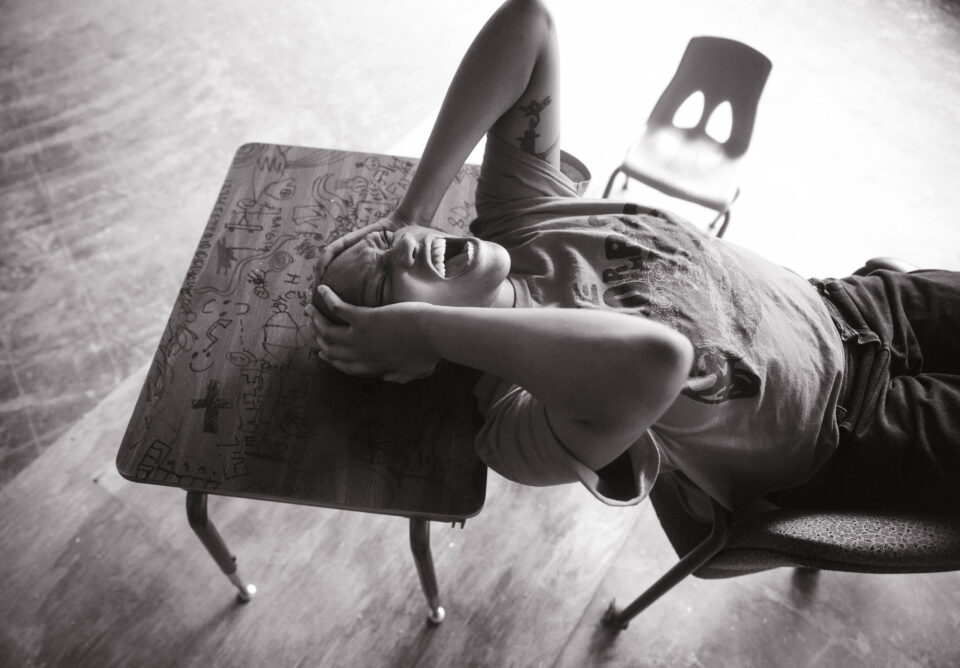
Vocalist KT Thompson and drummer Chris Salado on the Atlanta punks’ battle against social injustice and their Ty Segall–produced Domino debut, I’m Nice Now.

These unheard tracks from Dirty Projectors, Daniel Lopatin, and more are hushed and raw, all crafted with the idea of evoking a sense of home to highlight those whose own are at risk.

The noise-rockers’ sixth LP is a full-on rush of nihilistic energy, a shattered disco ball serving as the perfect encapsulation of a world decimated by capitalistic greed at the expense of humanity.

The Manchester-based quartet dissect the personal and global atrocities that informed their emotionally and improvisatory led debut album, Pain to Power.
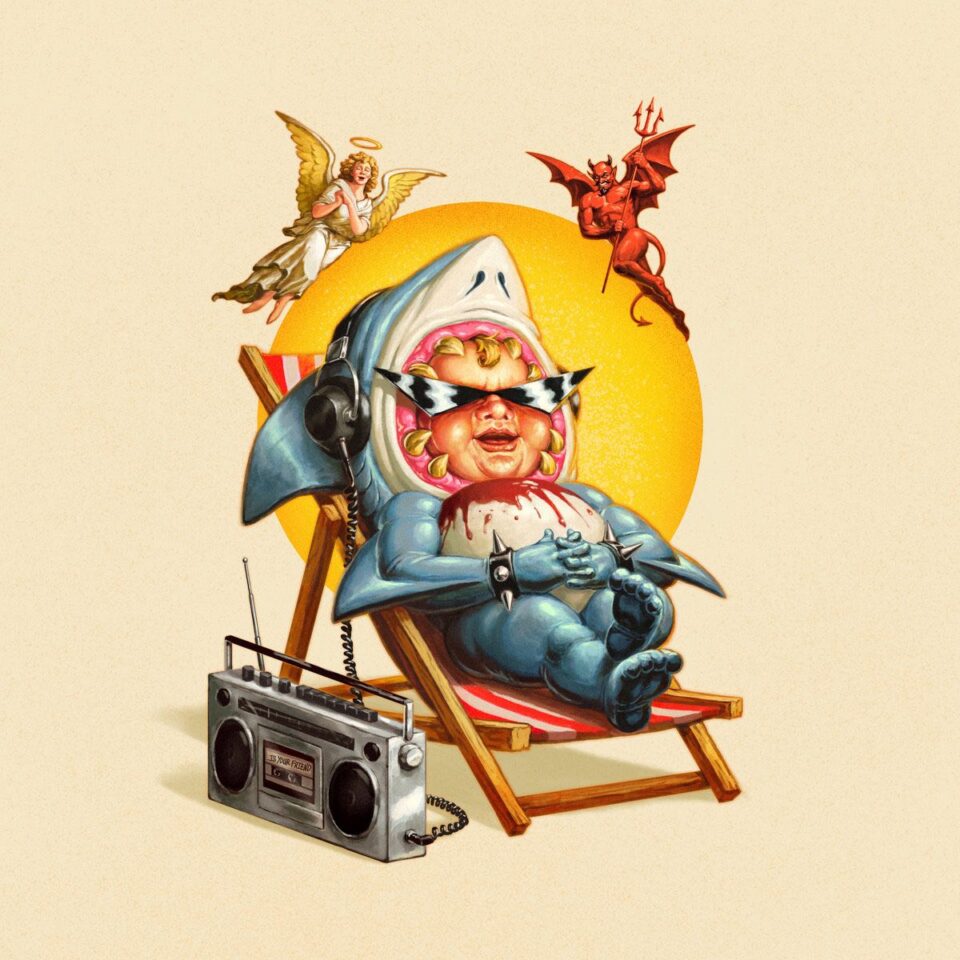
Recorded live, the Santa Cruz thrash/hardcore crossover trio’s third album is their best encapsulation of their live show’s infectious feel-good energy.

With their internal flame far from being snuffed out, the shapeshifting Californians’ 12th album sounds like a forgotten golden age of new wave.

If last year’s Weird Faith was a response to the uncertainty that inspired it, these songs are a profound expression of the emotions unleashed when those fears ultimately came true.

Vocalist Sonia Sturino and bassist Annie Hoffman discuss the unique backstory behind their third LP Feels Like Hell and learning to write songs that just feel good.
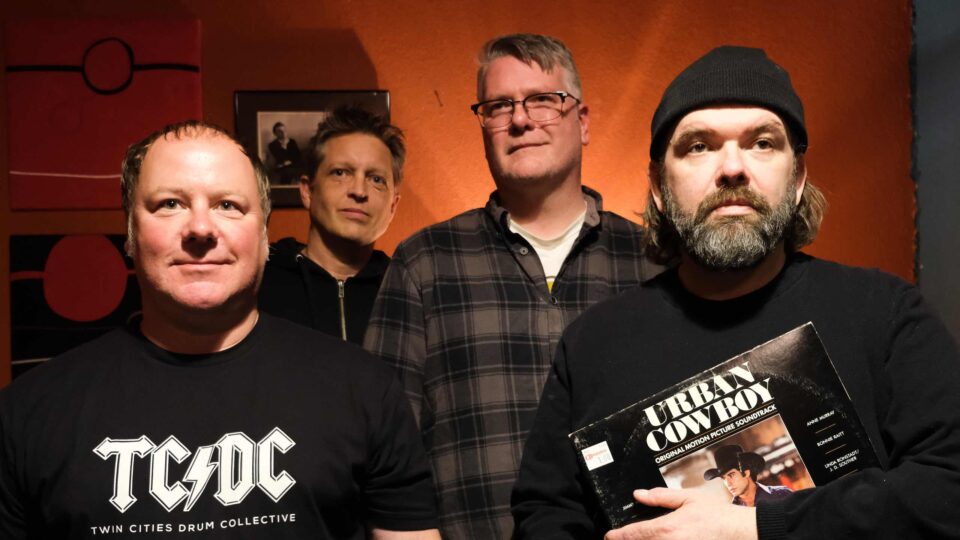
Retitled This Shit Is Geniuser, the collection originally released in 1999 features EPs and 7-inch singles from the punk band’s early days, along with a few added tracks from later in their career.
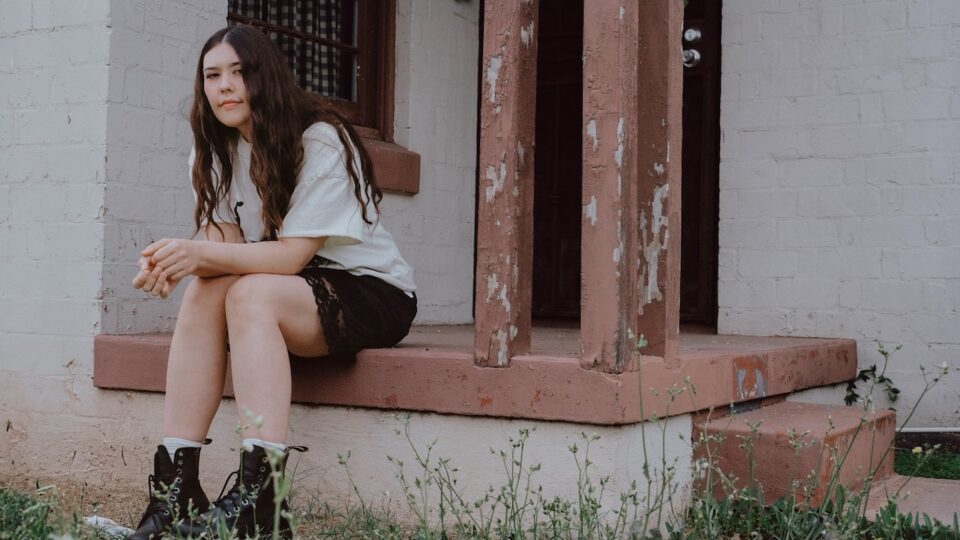
The Phoenix-based songwriter breaks down each song about touring, panic attacks, desperation, and simply wanting another Long Island iced tea.
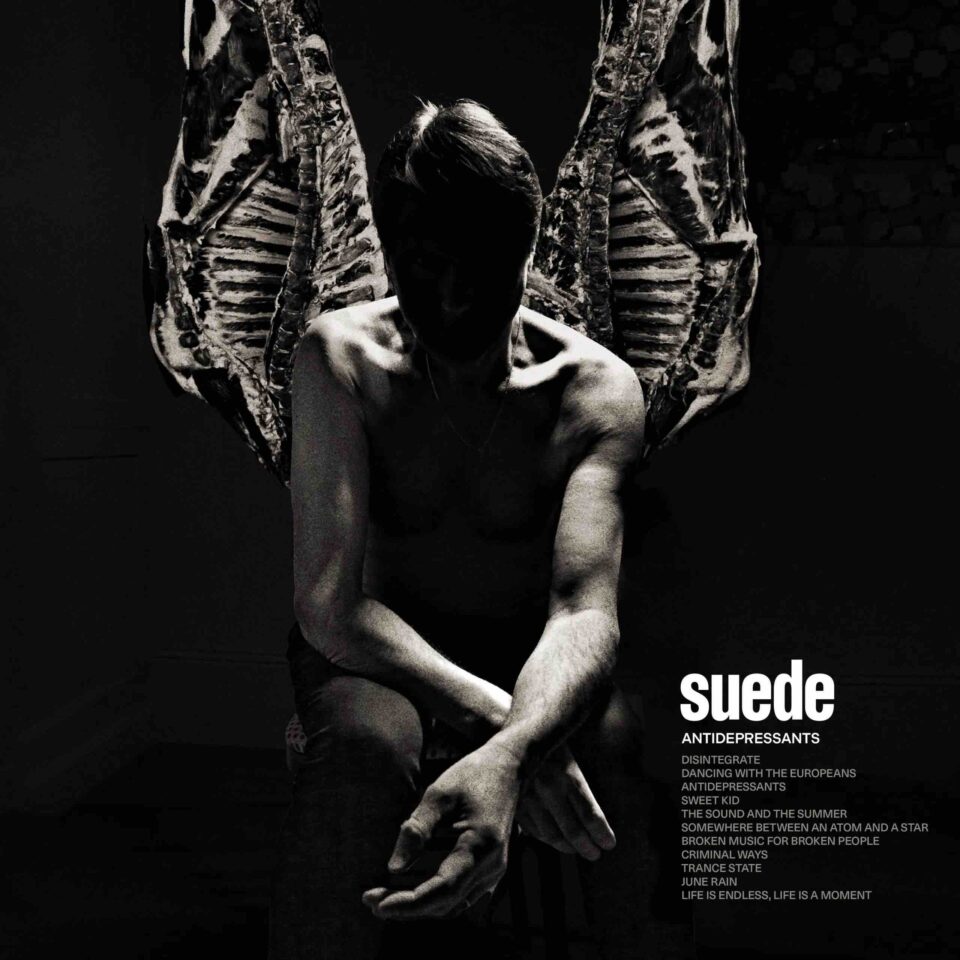
Rising with the recent wave of Britpop revivalism, the London outfit’s post-punky tenth album is an absolute dark delight that bristles with tension and post-apocalyptic energy.
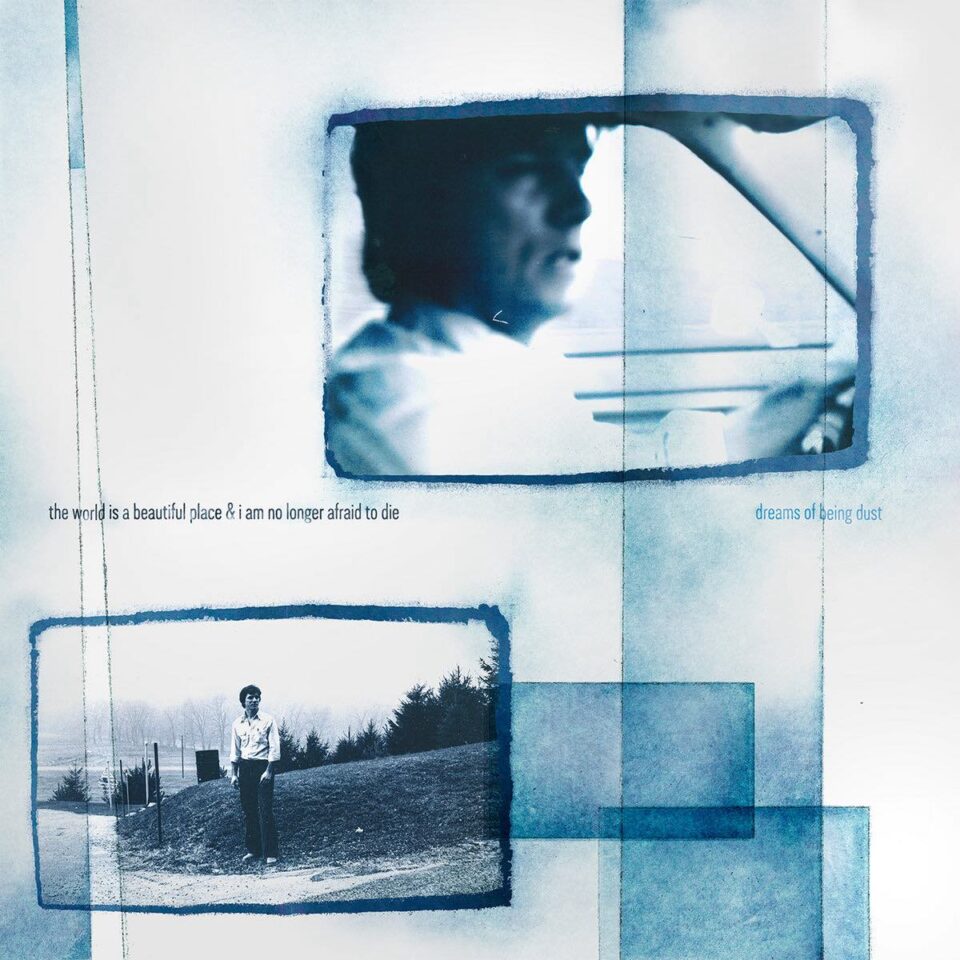
The heaviness of the emo/post-rock outfit’s fifth and most metallic album isn’t just in the music this time around—it’s also in the words, themes, and intent of the record.
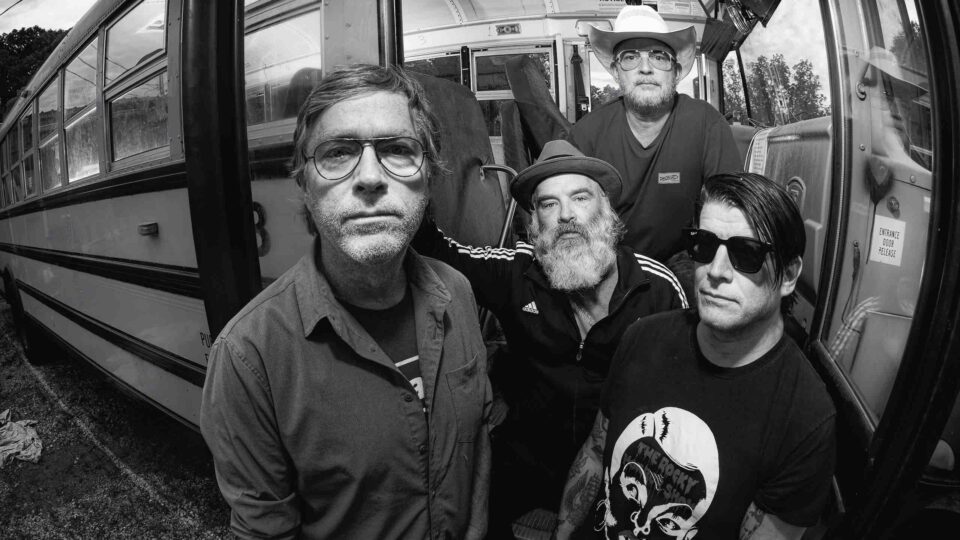
BELIEVEYOUME, the Kansas City post-hardcore band’s second album since their 2015 reunion, arrives September 26 via Spartan Records.
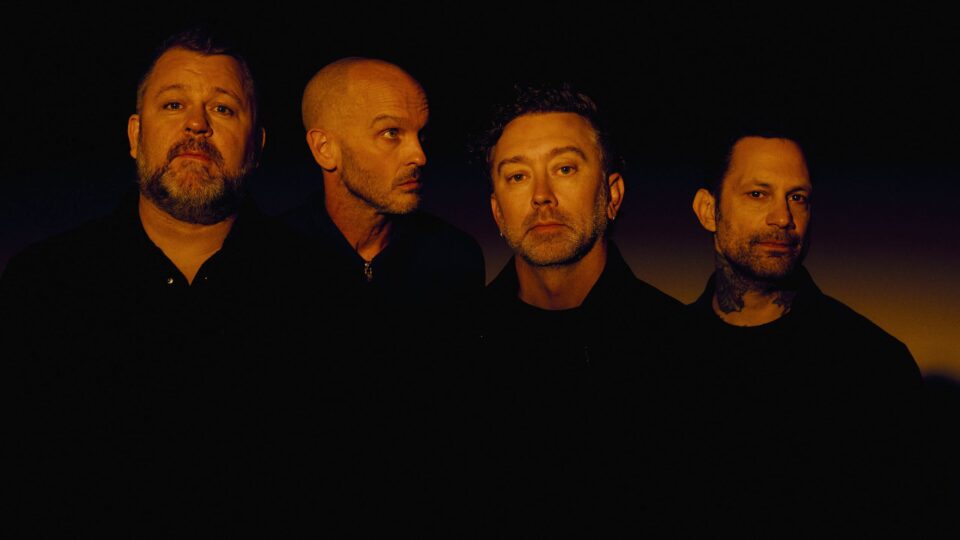
Tim McIlrath shares how the punk band’s newly released tenth album Ricochet aims to match the disruptive political energy of the times.
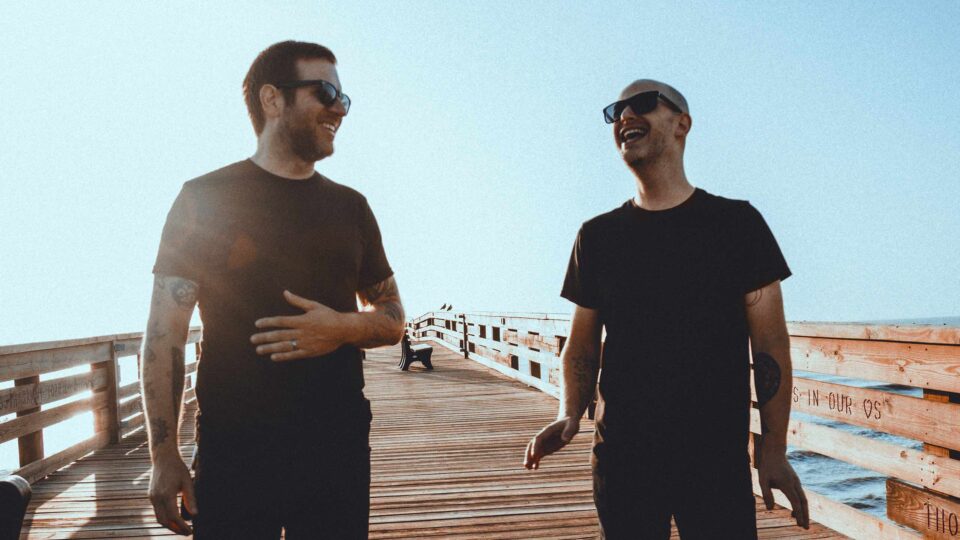
The instrumental project featuring members of Against Me! and Gracer have also put physical copies of their new EP of the same name up for pre-order.
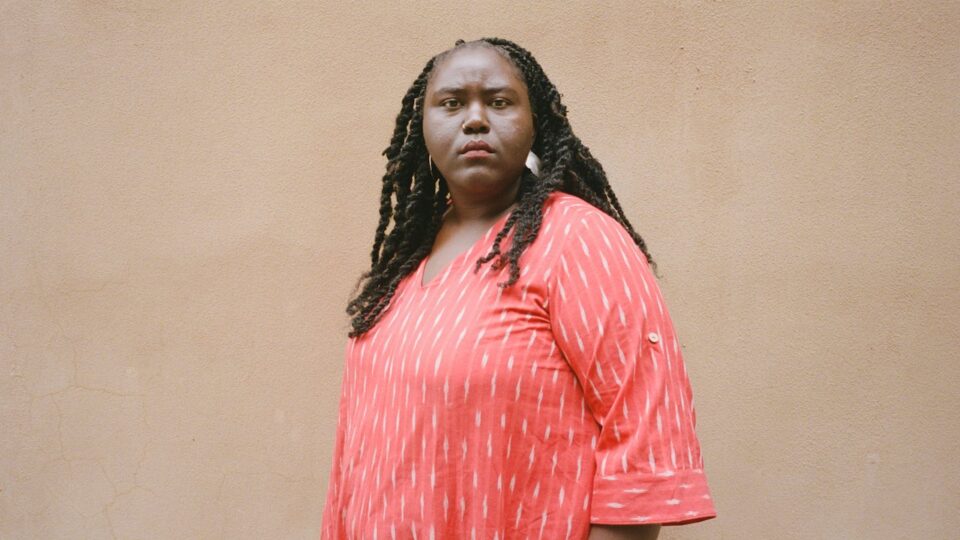
With her career-spanning retrospective Palimpsesa out now via Topshelf, the songwriter assures us that this compilation serves as something very far from an ending.



